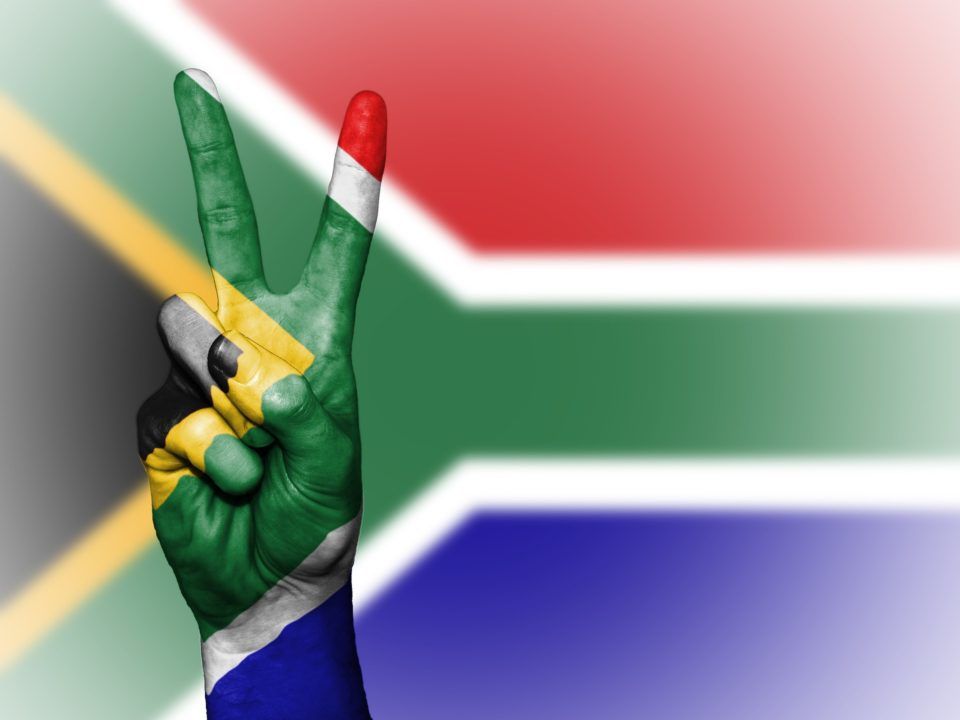Our 2019 Swammy award winner for African Coach of the Year, Rocco Meiring, has been facing his share of training difficulties over the course of the coronavirus pandemic.
Based at Tuks Swimming Club out of Pretoria, South Africa, Meiring has both Commonwealth Games gold medalist Tatjana Schoenmaker and Kaylene Corbett among his tutelage.
Schoenmaker took silver in the 200m breast at the 2019 World Championships, becoming the first-ever South African woman to medal at a LC World Champs. Corbett also had a successful 2019, finishing 8th in teh200m breast in Gwangju.
Since then, as with the rest of the world, Meiring and company are immersed in the current coronavirus pandemic, a state with has upended swimming and overall sport competition as we know it. It culminated with a delay in the 2020 Olympic Games to next year, resetting journeys of Olympic hopefuls everywhere.
Team South Africa reports that Corbett, an Olympic qualifier in the 200m breast, has injured her hips and news while engaging in dryland exercises during the quarantine. As for Schoenmaker, the New York Breaker star is experiencing some difficulties with motivation, not having the ability to get wet during the lockdown.
“Since 2017 the most extended break Tatjana ever took from training was 14 days. It has now been 56 days in which I could not really coach her,” the coach says Schoenmaker.
“You don’t need to be a rocket scientist to realize it is going to have a severe impact on her performance. I don’t even want to contemplate what will happen if another four to six weeks elapse before she is allowed to swim.” (Team South Africa)
He continued, “Swimmers are the only athletes who can’t train on land. It took Kaylene Corbett two years of huge sacrifices and long hard hours in the pool to qualify for the Tokyo Olympics. After she had done, so she was super motivated to be at her best. It is that dedication that led to her getting injured. When the lockdown started, she continued to give 100 percent when training. But it was on land. She ended up paying for it.
“It is going to take time for her to fully recover and regain confidence in her body’s abilities. The reality is that no breaststroke swimmer who wants to perform at the highest level can afford knee or hip injuries.”
Meiring supports national swimming coach Graham Hill‘s call to have elite swimmers be able to return to pool training, saying, “We ask our top athletes to bleed for us in battle, sacrifice their youth to prepare for years to represent us and inspire us, under extreme pressure … exposed for the whole nation to judge. That is why now we need to be bold, brave and daring for our athletes, not desert them, and leave them in a hole that they cannot climb out on their own.’
